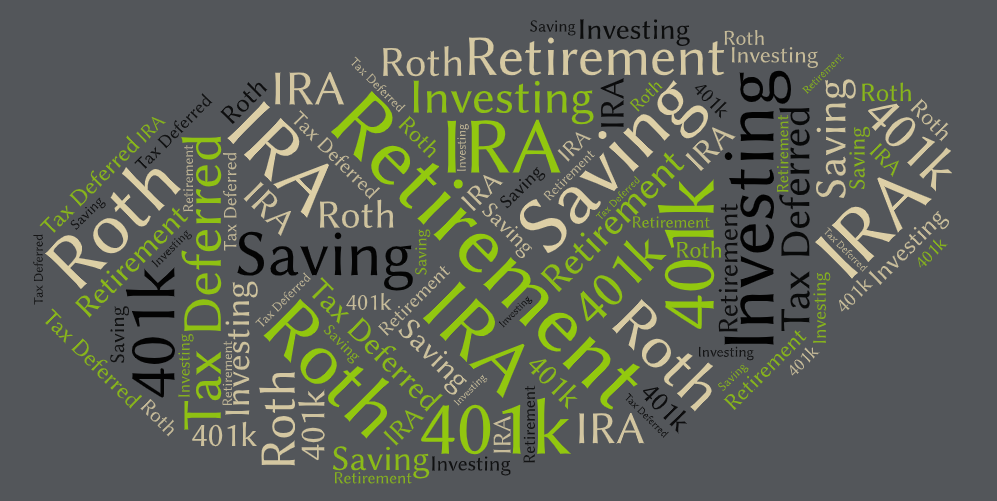Aging into Retirement
May 25, 2021
 Thinking about saving for retirement? Typical answers to this question would be, “I am too young to worry about retirement savings,” or “I am too old to start.” Neither of these answers are correct…you are never too young or old to start saving!
Thinking about saving for retirement? Typical answers to this question would be, “I am too young to worry about retirement savings,” or “I am too old to start.” Neither of these answers are correct…you are never too young or old to start saving!
Regardless of age, the first question you need to ask yourself is how much will it cost you to be you? In other words, when deciding to pack up your workspace for the last time, what amount of money will keep up your current lifestyle? The internet is filled with free retirement calculators that can help you arrive at the correct amount.
Once you have determined the total amount needed for retirement, the next step is figuring out how will you get there? Most financial advisers will tell you first and foremost take advantage of any company retirement plans which may be available to you. There are multiple investment options out there, but the most popular are employer sponsored 401k plans and IRA’s.
Employer sponsored 401k plans, if offered by your workplace, are one of the easiest ways to start saving. These plans provide you the opportunity to save a percentage of each paycheck tax-deferred into an investment portfolio of stocks, bonds and mutual funds. An added bonus is some employers offer a match of your deferrals. Regardless of company match, 401k plans can be a great way to save money tax deferred until your retirement. As of 2021, an employee can defer up to $19,500 annually, or $26,000 at the age of 50 and over.
The flip side to the 401k plan is the Roth 401k plan. This plan will also provide for an automatic deferral of funds from your paycheck to be invested into an investment portfolio. The primary difference with a Roth 401k plan is funds are withdrawn from your paycheck after tax as opposed to pretax. The most significant benefit of the Roth 401K is the ability to obtain tax-free withdrawals in retirement as opposed to a traditional 401k where withdrawals would be taxed. If you believe tax rates will be higher upon your retirement a Roth 401k plan is something you may to consider.
In the event your employer does not offer a 401k plan, the next best alternative is likely an (IRA) Individual Retirement Account. An IRA is a retirement savings plan you can establish on your own and similar to a 401k plan there are traditional IRA as well as the Roth IRA plans options. The primary difference again would be pretax versus post tax deferrals. IRA plans typically have a wider range of investment options to choose from, but the downside is you can only defer up to $6,000 annually, or $7,000 at the age of 50 and over.
It’s always the perfect time to start saving and investing no matter your age. It just takes that important first step!
